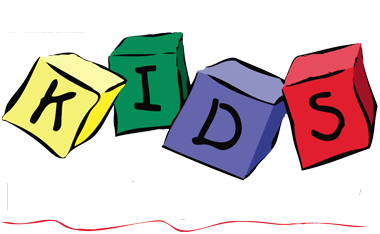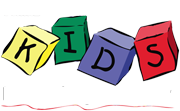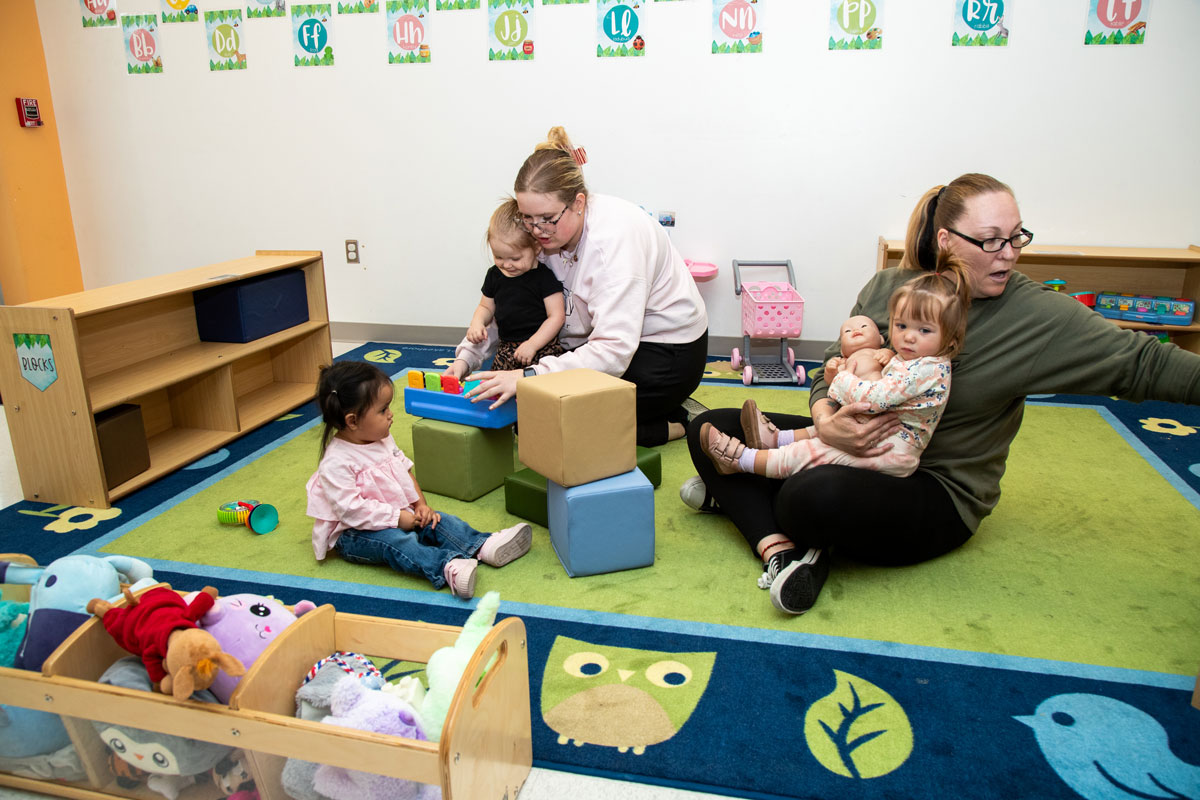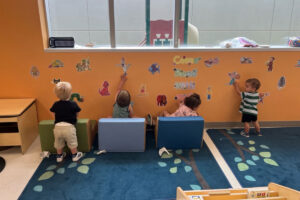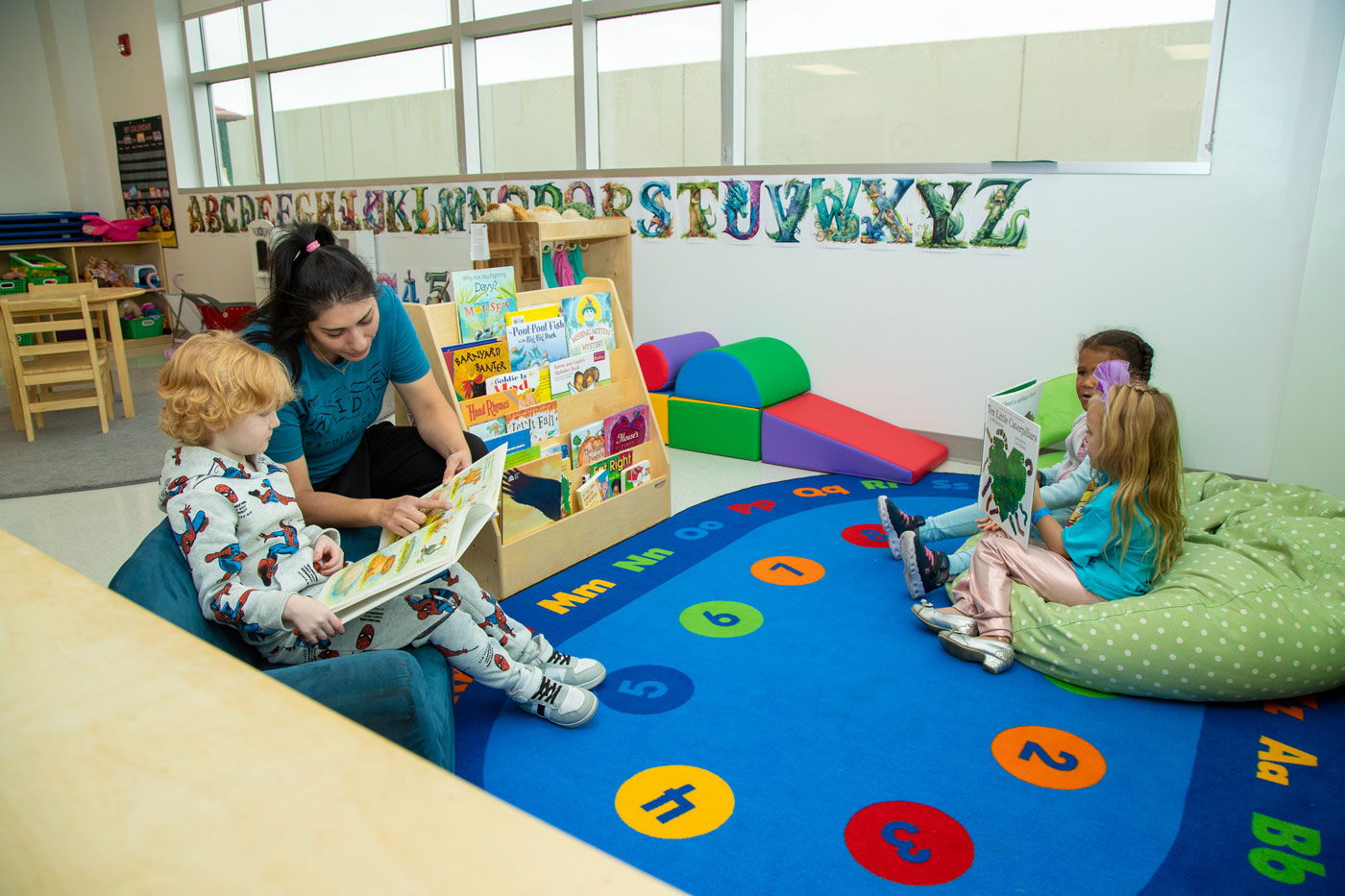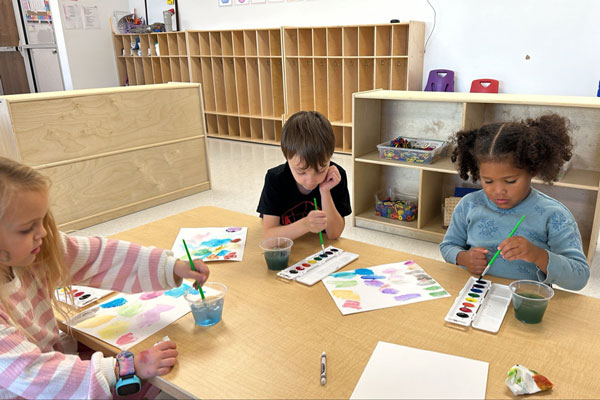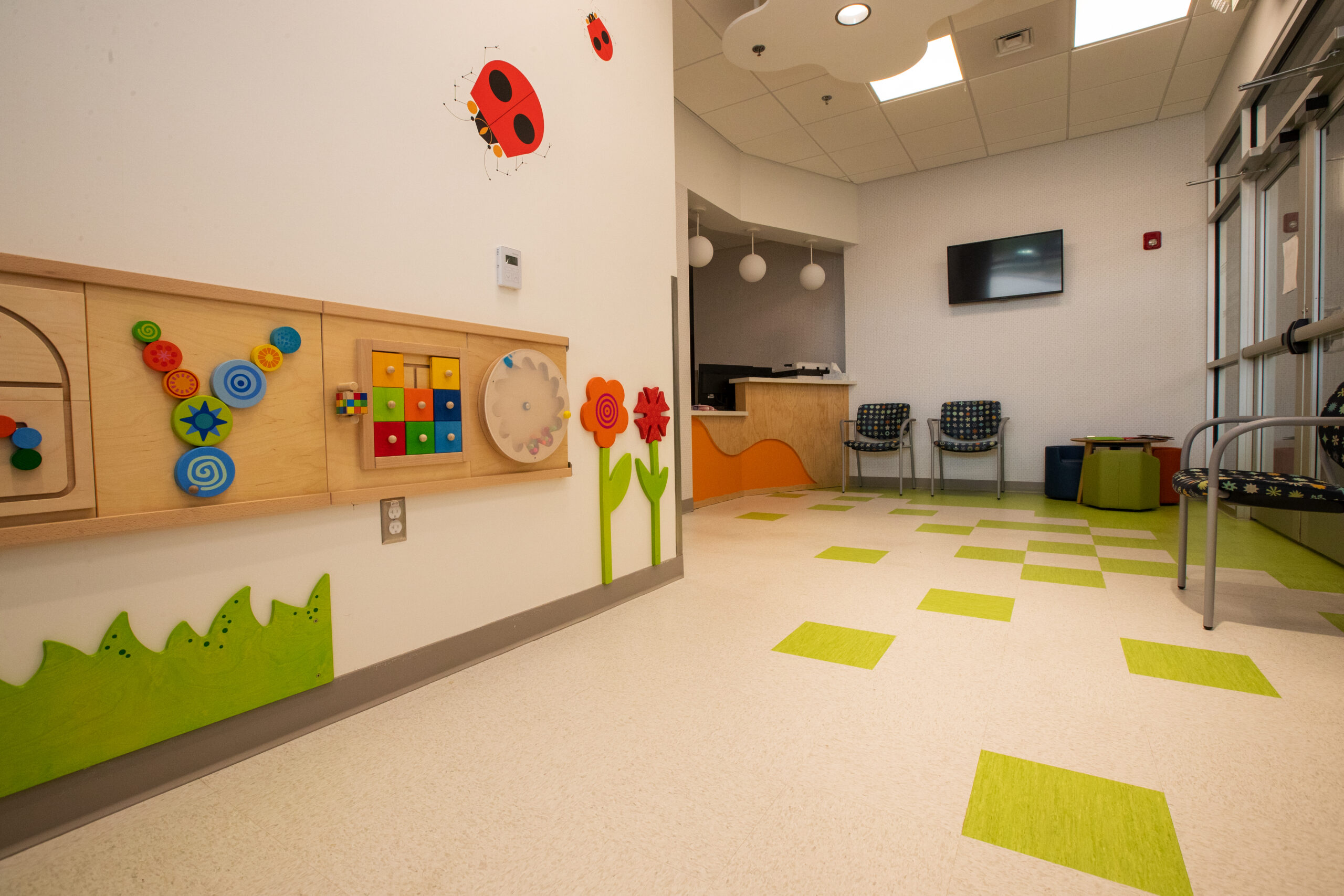
The Importance of Play-Based Learning: A Key To Your Child’s Growth
At prime kids learning center (PKLC), we consider play to be a vital part of every child’s learning process. But what exactly is play-based learning, and why is it so essential for preschoolers? Let us explore the advantages of this approach and how play contributes to your child’s cognitive, social, emotional, and physical development.
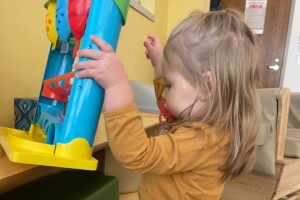
BENEFITS OF PLAY-BASED LEARNING?
- Foster Creativity & Imagination
- This creativity is essential not only in childhood but throughout life—imagination leads to problem-solving and adaptability
- Builds Social Skills And Emotional Intelligence
- These social interactions help children develop important emotional intelligence, such as understanding and managing their own emotions and being empathetic toward others.
- Promotes Cognitive And Physical Development
- These activities give children real-world experiences that build numeracy, literacy, and reasoning skills.
- Encourages Problem-Solving
- Whether they are figuring out how to share a toy or how to complete a puzzle, they’re developing critical thinking and decision-making abilities.
Play-Based Learning in Action at PKLC
At PKLC, we integrate play into every aspect of the daily routine. Here is how it works:
- Learning Centers: Our classrooms are filled with various activity areas (such as art, blocks, dramatic play, sensory tables, and reading corners) where children can explore and engage at their own pace.
- Outdoor Play: Our outdoor play areas encourage physical activity and exploration. From climbing and running to outdoor pretend play and nature walks, children have ample opportunities to learn and grow in the natural world.
- Teacher’s Role: While children explore, our teachers take on the role of facilitators. They observe, ask open-ended questions, and guide learning by prompting children to think critically.
Play-based Learning at Home!
- Unstructured Playtime
- Creative Materials
- Play Together
- Ask Open-Ended Questions
- Limit Screen Time
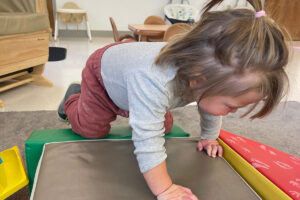
Did you Know?
Play is the Pathway to Learning
Play-based learning is more than just fun, though it is enjoyable! It is about giving children the space to learn through exploration, creativity, and social interaction. The skills they develop during play—such as critical thinking, emotional intelligence, and physical coordination—are vital for their success in school and in life.
